I had my birthday recently – one I share with a venerable old aunt who shaped my formative years. Well-travelled and fluent in more than 40 languages, Auntie broadened my horizons well beyond the dreary suburb where I lived. She informed me about events in faraway lands, but also steeped me in ‘our island story’. On intimate terms with everybody in the arts, Auntie was unbelievably cultivated. Back then, she also spoke with an unmistakable clarity that was a model for non-native speakers – such as myself. Millions worldwide acquired English in this way, gaining with it a whole civilisation.
And so last month, on my birthday, I was genuinely more moved by the thought of the BBC turning 100. Its centenary was marked with some fanfare and a still-ongoing season of rather decent, if not unmissable, programming across radio and television. Taken as a whole, these programmes amount to more than a tribute. They offer a much-needed consideration of the place of the BBC in our society, then, now and to come, for even those of us who are fond of Auntie sometimes find ourselves wondering if it might be time for retirement (if not euthanasia).
How the BBC Began (BBC2) presents, across two feature-length episodes, an account of the birth of the world’s most famous broadcaster 100 years ago and the first 50 years of its development. It opens with an all-too-brisk portrait of the BBC’s first chief, Lord Reith, and his well-known injunction to ‘inform, educate and entertain’, which shaped the BBC’s ethos for decades. There seemed to me little appreciation of its significance. In three simple words, a Presbyterian military engineer had truly outdone all the great 19th-century critics, outlining a vision of culture that was rigorous, democratic, uplifting and, as the BBC’s broadcasts quickly proved, quite effective.
The BBC’s rapid occupation of a central position in society surely owed something to the fact that there were visionary figures guiding it, people who had been thinking seriously about what culture is for. In the 1950s, the BBC producer Sir Huw Wheldon finessed Lord Reith’s ideal with his own mission ‘to make the good popular and the popular good’. That resulted in documentaries such as Kenneth Clarke’s Civilisation disseminating high culture to the masses as well as television dramas like Dennis Potter’s, which introduced daring formal experiments into genres of popular entertainment.
Since How the BBC Began tells its story through the reminiscences of this early generation of producers, technicians and journalists, not to mention a great many secretaries to figures inevitably now dead – women who would in a later era easily have become talented producers in their own right – there was a missed opportunity here to portray the fascinating and eclectic minds who envisioned the BBC, since that does seem to me the secret of its early success. Such a portrait would, as a bonus, also have served to shame their corporate equivalents running the BBC today – people such as the current DG, Tim Davie, a career-specialist in the marketing of fizzy beverages.
But How the BBC Began ultimately proves less interested in people than events, relating the history of the BBC through its response to crucial episodes, such as the abdication crisis, the General Strike or the second world war – which was when it picked up its still unshakeable reputation as the proverbial Auntie. These involvements highlight two related myths we unwisely still promote. The first is the doctrine of separation between the BBC and the state – in reality, a complete constitutional fable. BBC bigwigs routinely took instruction from civil servants and ministers; certainly, they still do. The second is our naive belief that the BBC merely reflects to us a reality that exists out there in the world, when in fact it is actively shaping that reality. It’s worth recalling that George Orwell, a jobbing BBC hack in his day, was inspired to write Nineteen Eighty-Four based on his experience working there. For Orwell, the BBC was less Auntie, more Big Brother. A statue of Orwell has unironically been erected outside Broadcasting House – the building he fictionalised as Room 101.
The Love Box in Your Living Room (BBC2) is the evocatively Orwellian title of the BBC’s spoof history of itself, narrated by comedians Harry Enfield and Paul Whitehouse in a parody of the films of Adam Curtis, the cult video essayist who – love him or loathe him – is the only creative documentary maker at the BBC with a distinctive style. Curtis’s mannerisms include the use of incongruous archive and music, a paranoid view of history as a conspiracy by elites, and an arcane narrative thread based on wild, Freudian free association, all of which are employed by Enfield and Whitehouse to comic effect, especially in mocking the archive footage. Strangely, despite its silliness, The Love Box in Your Living Room has a better idea of what it’s trying to say than How the BBC Began: a story of the eventual subversion of the prim, paternalistic ideals of Reithianism by commercial nihilism.
It’s typical of the BBC to have approached the mockery of its own history with more imagination than the earnest recounting of it; that reflects significant changes in its attitude to the past. When I was growing up in the Noughties, the BBC was still broadcasting Whig interpretations of history such as the popular radio series This Sceptred Isle, adapted from Churchill’s historical writings. But now, instead of celebrating the British past as a procession of moral progress – always somewhat spurious – a revisionist approach has become much the orthodoxy. Ultimately, this makes the gags about class and gender a little less subversive than Enfield and Whitehouse seem to think they are.
This tendency is also noticeable in Our Archive Century (Radio 4). In its episode on the arts especially, there is a fixation with mocking the accents of the historic figures whose broadcast clips intersperse the programme. The presenters, Dame Mary Beard and the art critic Louisa Buck, daughter of the late Conservative MP Sir Antony Buck, hardly have the common touch themselves and undoubtedly belong to the same class they suggest used to have an unfair grip on broadcasting. Fortunately, in the great tradition of radio archive programmes, the clips speak for themselves, in all their actual diversity: the prophetic voice of George Bernard Shaw with his Irish lilt, the Welsh undertones of Dylan Thomas’s lyrical performances, the poems of Derek Walcott, mellifluously recited by the Nobel Prize-winning poet from St Lucia.
The latter clip is from Caribbean Voices, an extraordinary radio series that also discovered the Trinidadian novelist V.S. Naipaul – another Nobel Prize-winner – whose stories were broadcast on the BBC while he was aged only 18. It was produced by the avant-garde Jamaican poet Una Marson, the first black producer at the BBC, whom we hear from at length in the excellent portrait Una Marson: Our Lost Caribbean Voice (BBC2). But there are so many other voices one might have heard on the BBC in the 1940s and 1950s: the radical Indian novelist Mulk Raj Anand, the Sri Lankan poet M.J. Tambimuttu, the Bengali polymath Nirad Chaudhuri, whose broadcasts all deserve a similar treatment. The BBC in its heyday certainly offered a much more ‘inclusive’ view of culture than the official narrative now wishes to admit.
On the centenary, it occurred to me that the BBC was founded in the annus mirabilis of modernism: 1922, the year in which T.S. Eliot published ‘The Waste Land’, James Joyce’s Ulysses came out and Proust first appeared in English. The BBC drew its strength from the vitality of that moment, from this fascination with new forms of creativity, and its broadcasts from these years, sampled throughout this season of programming, include experimental radio operas by Ezra Pound and Dylan Thomas’s classic drama for radio Under Milk Wood. But now the new has become old, the fascination has dulled. Watching and listening to such past marvels, one wonders how many of today’s broadcasts would be worthy of such commemoration. The impression one is left with of the BBC’s history is the story of a once-great engine of culture, slowly running out of steam.
The post A once-great engine of culture, slowly running out of steam: the BBC at 100 appeared first on The Spectator.
Got something to add? Join the discussion and comment below.
Get 10 issues for just $10
Subscribe to The Spectator Australia today for the next 10 magazine issues, plus full online access, for just $10.
You might disagree with half of it, but you’ll enjoy reading all of it. Try your first month for free, then just $2 a week for the remainder of your first year.

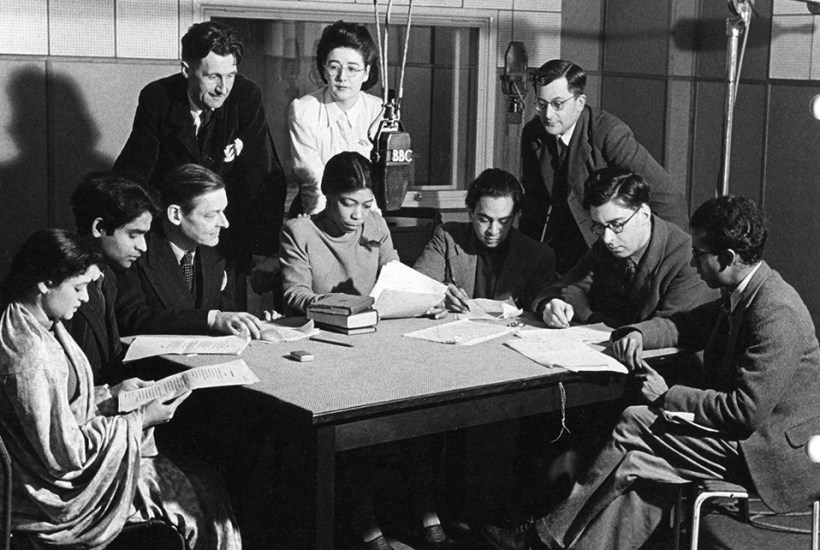
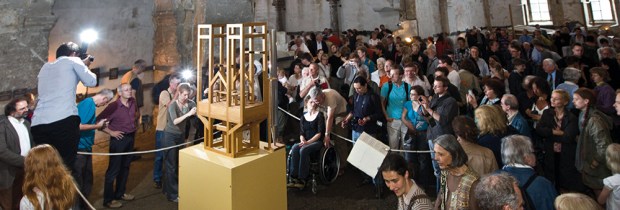
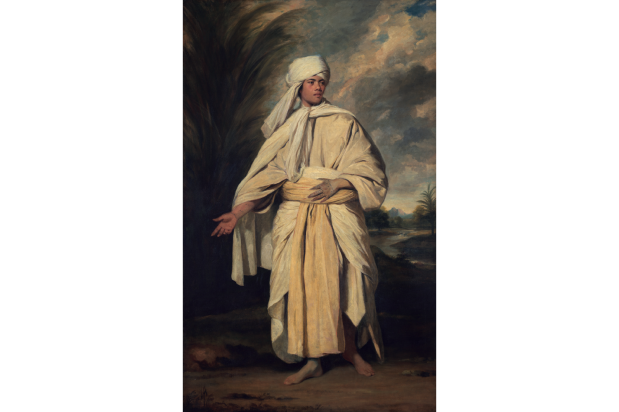
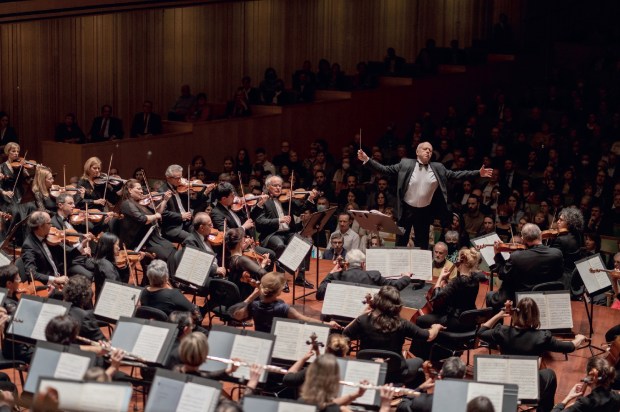
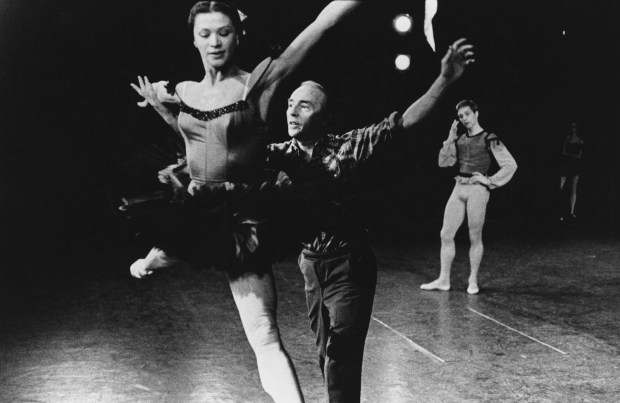
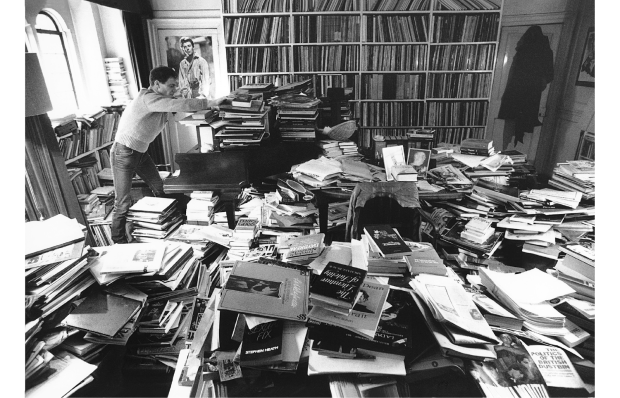
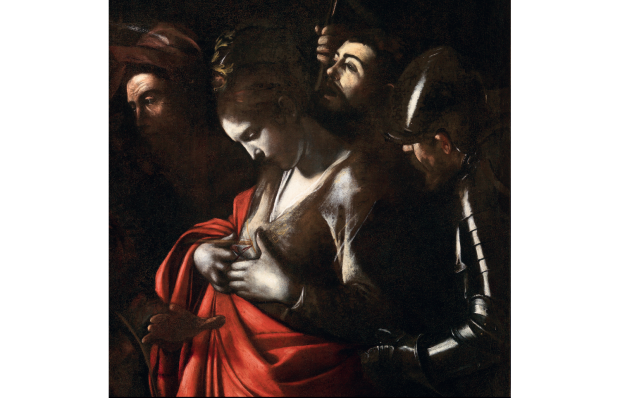






Comments
Don't miss out
Join the conversation with other Spectator Australia readers. Subscribe to leave a comment.
SUBSCRIBEAlready a subscriber? Log in